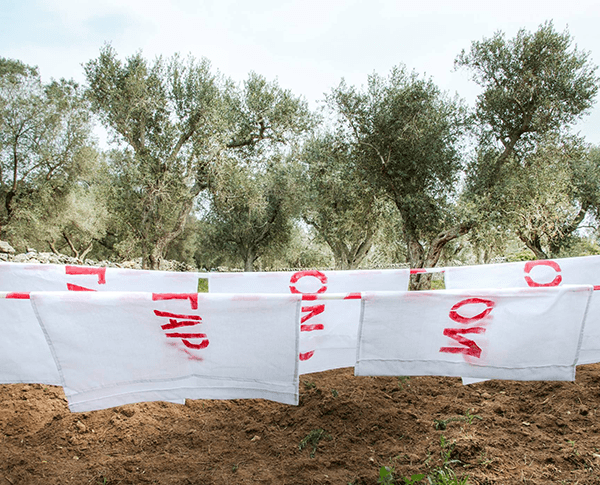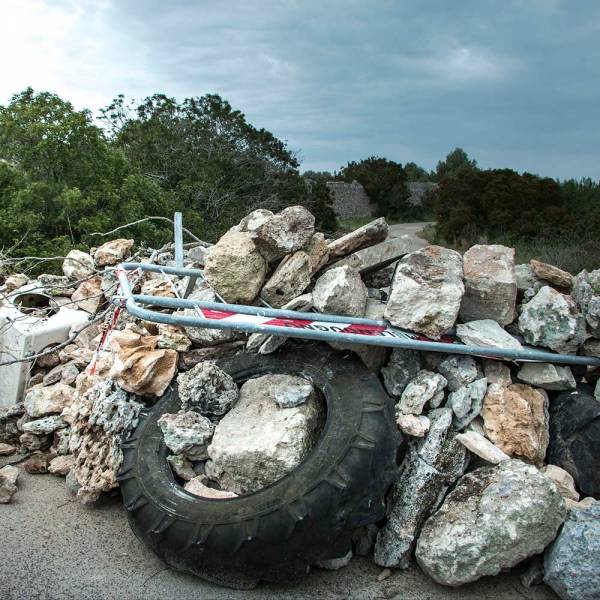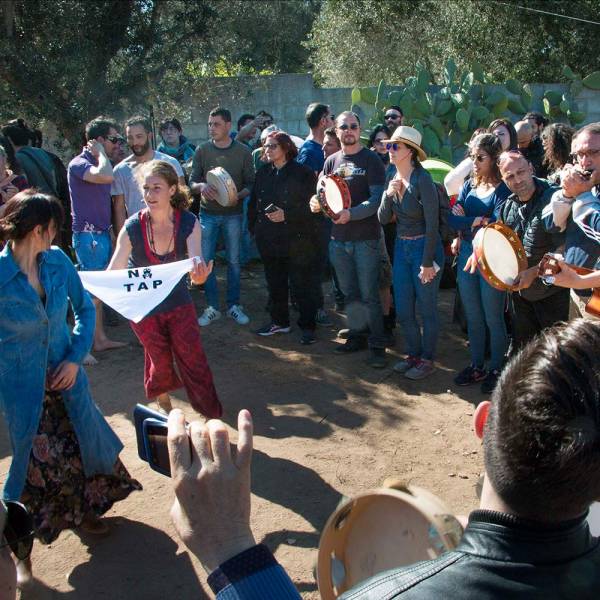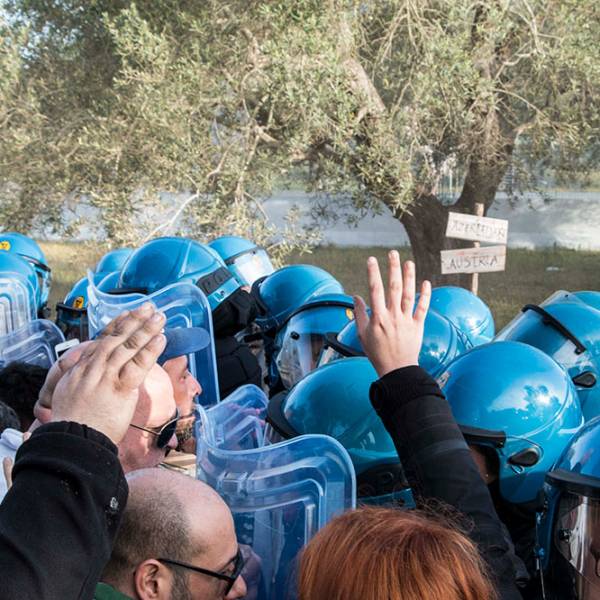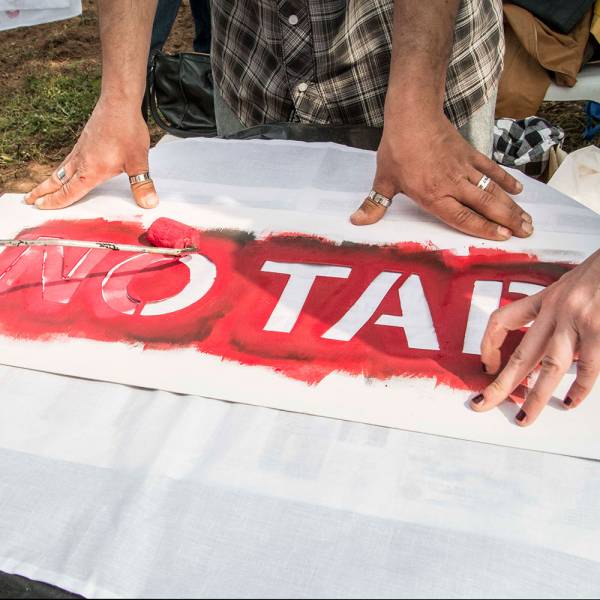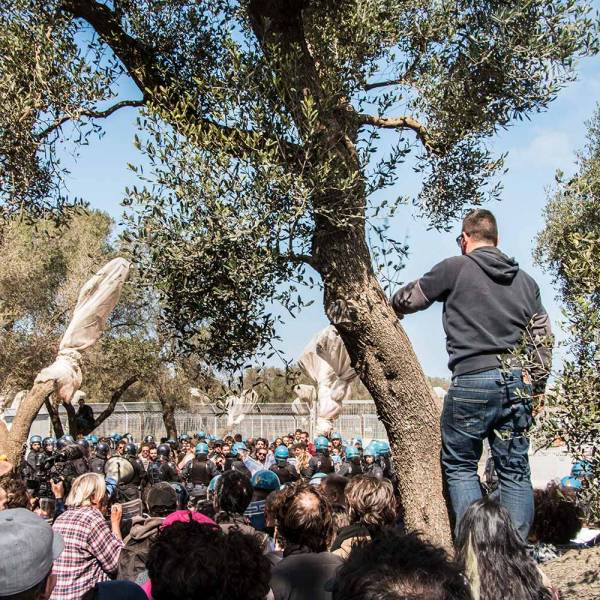350
Stop the Trans Adriatic Pipeline
Why Europe must turn off the gas TAP
– an open letter
The Trans Adriatic Pipeline is part of the “Southern Gas Corridor” — a chain of proposed mega-pipelines that would pump billions of cubic metres of gas from Azerbaijan to Europe every year.
Now Donald Trump is pulling the US out of the Paris Agreement, it’s crucial for Europe to show true climate leadership. Yet this pipeline would destroy Europe’s climate targets, divert billions in funding away from renewable energy and increase fossil fuel reliance on Azerbaijan – an oppressive regime. Not to mention the destructive, unjust impacts on the communities in its path.
But without European support and investment, this pipeline cannot go ahead
Why Europe must turn off the gas TAP
The Trans Adriatic Pipeline is part of the "Southern Gas Corridor" -- a chain of proposed mega-pipelines that would pump billions of cubic metres of gas from Azerbaijan to Europe every year.
Now Trump is pulling the US out of the Paris Agreement, it's crucial for Europe to show true climate leadership. Yet this pipeline would destroy Europe's climate targets, divert billions in funding away from renewable energy and increase fossil fuel reliance on Azerbaijan - an oppressive regime. Not to mention the destructive, unjust impacts on the communities in its path.
But without European support and investment, this pipeline cannot go ahead.
Sign the open letter:
“We, the undersigned, call for the immediate suspension of all work associated with TAP and the Southern Gas Corridor. We urge the European Commission to re-assess its support for the pipeline, and call on the EIB and EBRD not to invest public funds in this unnecessary, unjust and financially reckless project.”
Signed,
Bill McKibben, 350.org founder
Naomi Klein, activist and author of the book This Changes Everything: Capitalism vs.
The Climate
99 posse, Italian hip hop/reggae band
Caparezza
Florent Compain, President of Les Amis de la Terre France
Mark Fodor, Director, CEE Bankwatch Network
Johan Frijns, Director, BankTrack
Elena Gerebizza, Re:Common
Sebastien Godinot, Economist, WWF European Policy Office
Rafael Gonzalez, Dakota/Puerto Rican Water Protector
James Hansen, Professor of Earth and Environmental Sciences at Columbia University
Wenonah Hauter, Executive Director, Food & Water Watch
Rachel Heaton, Mazaska Talks co-founder and Muckleshoot Tribal member / Duwamish descendant
Danielle Hirsch, Director, Both ENDS
Ziva Kavka Gobbo, Chairperson, Focus Association for Sustainable Development
Jeremy Leggett, Founder and Chair, SolarAid; Founder and Director, Solarcentury
Simon Lewis, Professor of Global Change Science, UCL
Lo Stato Sociale
Erri De Luca, Italian novelist, translator and poet
Olivier de Marcellus, Coordinator, Climat Justice Sociale
Valerio Mastrandrea, Actor, Italy
Nataani Means, Oglala Lakota/Navajo Water Protector
Luca Mercalli, President of Società Meteorologica Italiana
Kumi Naidoo, Launch Executive Director, Africans Rising
Don Pasta, writer
Alfons Pérez, Xarxa de l’Observatori del Deute en la Globalització
Harald Ruecker, Chair person – BI lebenswertes Korbach e.V.
Mark Ruffalo, American actor and social activist
Anna Schoemakers, Director, Greenpeace Netherlands
Heffa Schücking, Director, Urgewald
Sarah Sexton, Larry Lohmann & Nicholas Hildyard – The Corner House
Sarah Shoraka, Platform London
Xavier Sol, Director, Counter Balance
Magda Stoczkiewicz, Friends of the Earth Europe
Woro Supartinah, Coordinator, Jikalahari, Indonesia
James Thornton, CEO ClientEarth
Wendel Trio, Director, Climate Action Network Europe
Treble Lu Professore, Salento-based Reggae band
Wasté Win Young, Standing Rock Lakota/Dakota Tribe citizen
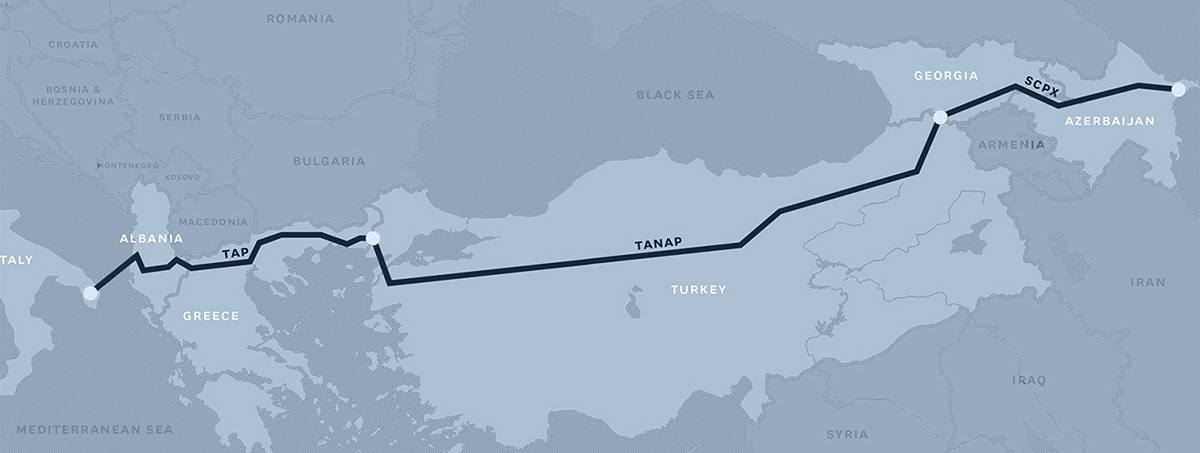
Key issues
Community resistance in Salento, Italy
The towns of Melendugno and San Foca in Salento, the southern ‘heel’ of Italy, are on the frontlines of the battle to stop the Trans Adriatic Pipeline (TAP).
In Melendugno this spring, hundreds of people held daily peaceful protests to stop ancient olive groves being uprooted to make way for the pipeline. The trees are hundreds (some say thousands) of years old and are the cornerstone of the local culture and economy. When the national government brought in hundreds of police to force the crowds back, people built roadblocks in the middle of the night. These stopped the tree removal until one night at 2am, when heavy machinery and a huge police escort were brought in to dismantle the roadblocks.
There have been regular gatherings in the nearby seaside town of San Foca, too, where people fear the construction will pollute the clear blue waters, and damage the landscape and tourism industry.
The pipeline company had committed to stop construction over the summer for the tourist season — but on 3 July, as the open letter was published, contractors and riot police arrived during the night to resume the works. Local people feel betrayed that the government is forcing this project ahead against their wishes, and they continue to organise.
Their message is:
“Né qui né altrove” – “No TAP, not here or anywhere”.
You can read more about the local resistance here, and follow the local NoTAP committee on facebook and twitter — #NoTAP.
